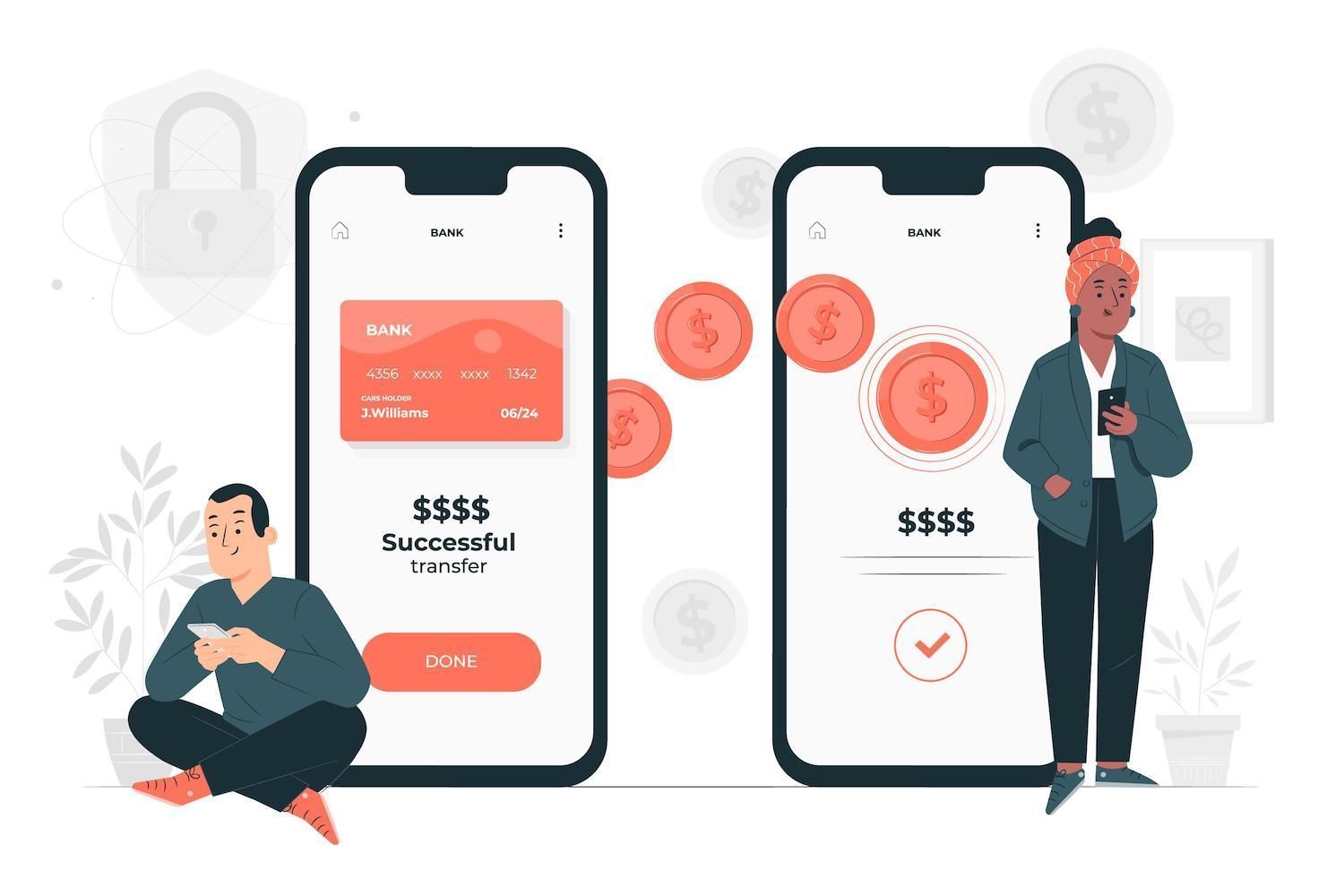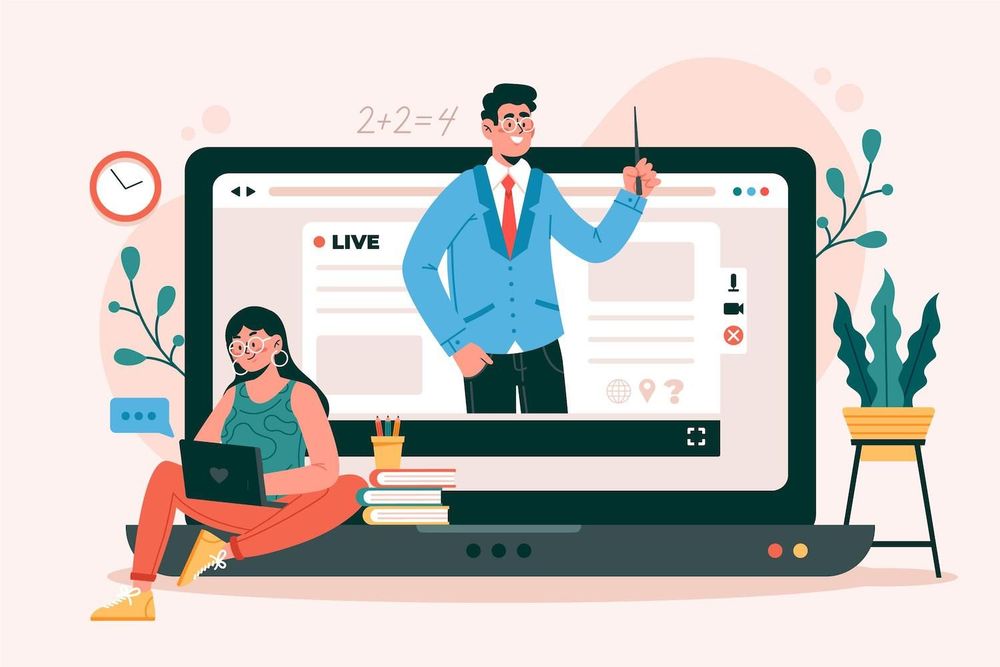What's it that makes it Epic you'd like to have on App Stores which other game creators Really Would Like to have? -
As mobile game and app creators struggle to get through the duopoly tax which reduced 30 percent of every dollar spent on gaming, Epic Games has emerged as the top gaming business trying to make open computing a standard for mobile.
Privately, they asked big and small studios to show games with the traits what they are looking for in games. And this was the kind of game they would like to view.
Background: The slow demise of Open Computing, and the 30% tax that applies to applications
Computing has never been easier to utilize than it is now. Since the start, game as well as software developers depend on the flexibility of PC and Mac platforms. This allows game developers to create games in the way they like in addition to maintaining the relationships between gamers and pick payment options that meet the requirements of gamers. No one was a gatekeeper, only gaming or computer players. Today, technology is changing the way we live.
Today, over half of the time used for accessing computers is spent on mobile phones. The percentage of smartphones is rising, as well as greater than the overall percentage in the overall market is controlled by Apple along with Google. With the growing popularity of smartphones available on the market and the growing limits on the availability of games and online commerce The world dependent on the technology of computers is greater than it used to be and this results in enormous costs for users as well as game and app developers.
In both cases, Google and Apple's App Store require users to pay 30% to market games, as well as additional items related to games which are available on the respective platforms. Apple holds the supreme control in the availability of games and other commerce-related items for iOS devices. Google lets OEM app marketplaces and mobile games to be loaded with sideloading however, it restricts the third-party payments to games made through Google Play.
Google Play does offer a payment integration that allows third-party companies can use only the best game designers through"user preference billing. " User preferences billing" test. The downside is that "user preferred billing" will cost you annually $26 per year for the market regardless of whether or not you choose to make use of the payment processor you control and assume all the responsibility and obligation to payment.
The consequence the result of Apple as well as Google's dominance over the bulk of computers around the world includes taxes of 30% of games and mobile apps. This tax is borne by the players, however the developers are not able to collect it. of games who limit the ability to access computing without charge, as well as online shopping. As this is the only way to get free computing, game developers all sizes believe that they have to make changes.
What do you think of game designers who do not develop games that don't Epic?
The group of the business took the course of months of discussion with game developers large as well as small, regarding their views of what they should expect from them regarding the policies of mobile apps. Though not all of them are agreeing on everything, however there are three commonly debated issues that they considered:
1. iOS to support sideloading games which don't show a scary screens.
iOS is a platform that has a limit on time that allows "sideloading" games and apps which can be downloaded and installed without using access to the App Store, directly from the official website of the developer, or by using an alternative market. Sideloading permits players to purchase developers to market and sell their games on their own terms as per the amount they're willing to pay for. Android allows sideloading for applications as well as games, but only with severe warnings. These are referred to as "scare screens" warning users of gadgets about the dangers of "downloading apps from the internet." The majority of the game developers have told us that Apple might let sideloading. It's important to ensure that Apple as well as Google avoid using self-serving screens which discredit applications that are sold out of their app stores.
2. Offer unlimited "steering" and embedded payments via third-party payment platforms.
Both Google and Apple both have their own strict rules on charges for transactions used with different payment options that aren't accessible through stores for apps. Similar products are available at an affordable cost to the consumer. Game designers can't guide their users to these alternatives and also provide the option of shopping on different websites, or even integrate the shopping experience with a third-party into their game. Many game designers have discovered advantages of through app stores. One of the most well-known options was to allow gamers and players decide whether they would like to be free of payment restrictions and incorporate these features into the game.
3. There's no cost involved in the steering or embedded payment.
Giving embedded or steering payments is a completely different thing. However, it's very similar to that which was demonstrated in the Google "user preferred billing" trial. The ability to change the method you invoice and also having a financial incentive to do this are two distinct aspects. The pilots tested were "user billing choices" with an enthralling 26% price tag on transactions that were made using third-party payment services. Add in the costs of service suppliers this is a non-profit benefit for the vast majority of developers. The game designers we spoke to said that a single percent cost is a reasonable amount to cover transactions that aren't associated with the app store. They were mainly the payment of apps in order to increase the download rate of their games as well as to increase the acceptance. Also, it is evident that 26% of each transaction made by third parties was not what the creators thought was fair.
What's next?
There are a variety of nuanced requirements about how the applications work, which game developers must be aware of. These three criteria constitute the foundation of what they think as the most important changes in open computing for mobile devices.
About

David Nachman David is the director of the business that is the most trusted e-commerce provider of services to companies using software. David is in charge of controlling the growth of the business and its expansion, the base of their experience and capacity to provide top-quality service to the constantly growing market of software. For more than a decade, David has held a variety of positions that included functional vice-presidents as well as post-CEO positions at businesses with rapid expansion. The roles comprised Vision, Velocify, and HireRight.
The article was first published on this site
The article was posted on this site.
This article first appeared on this site
The article was published on here
This post was first seen on here
